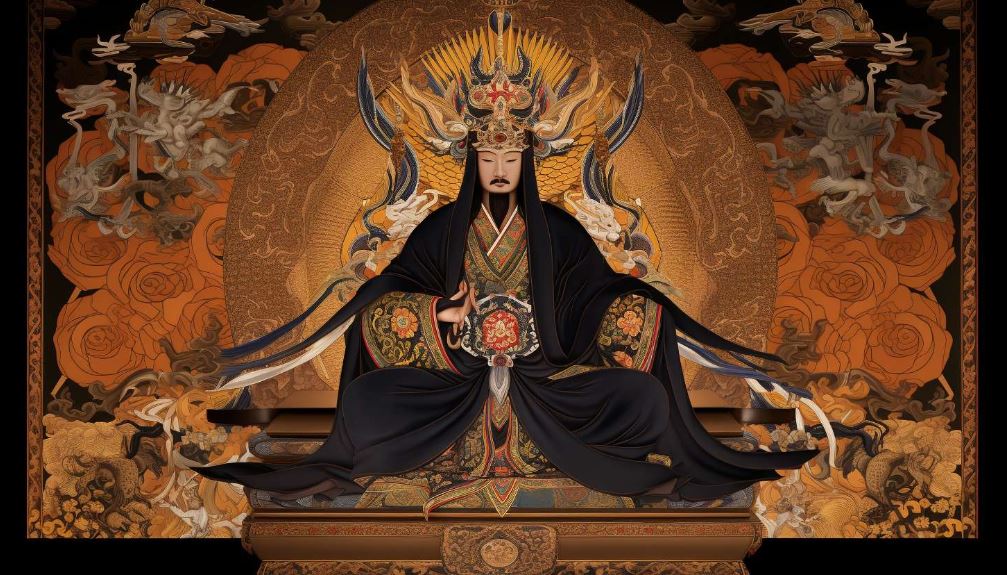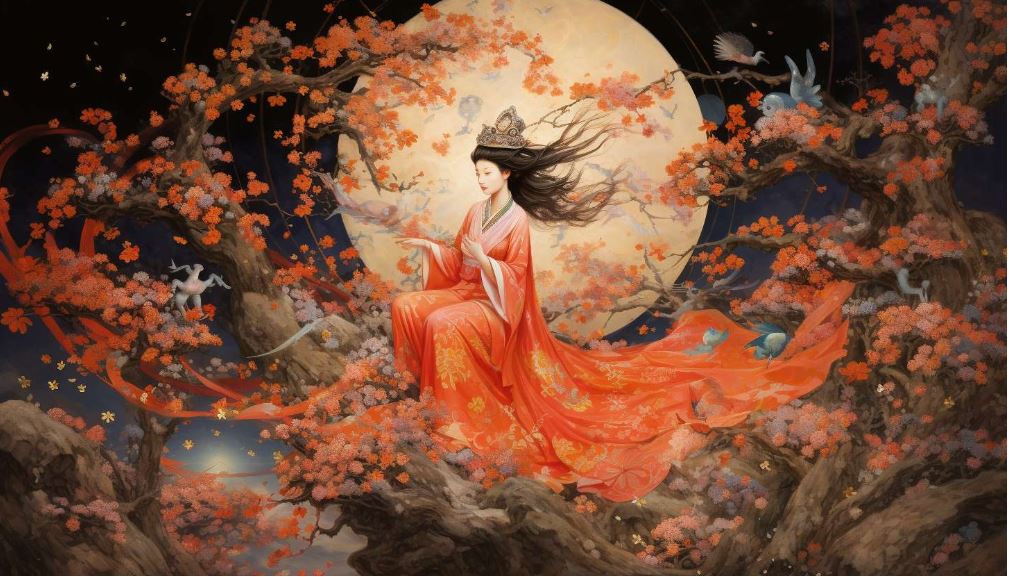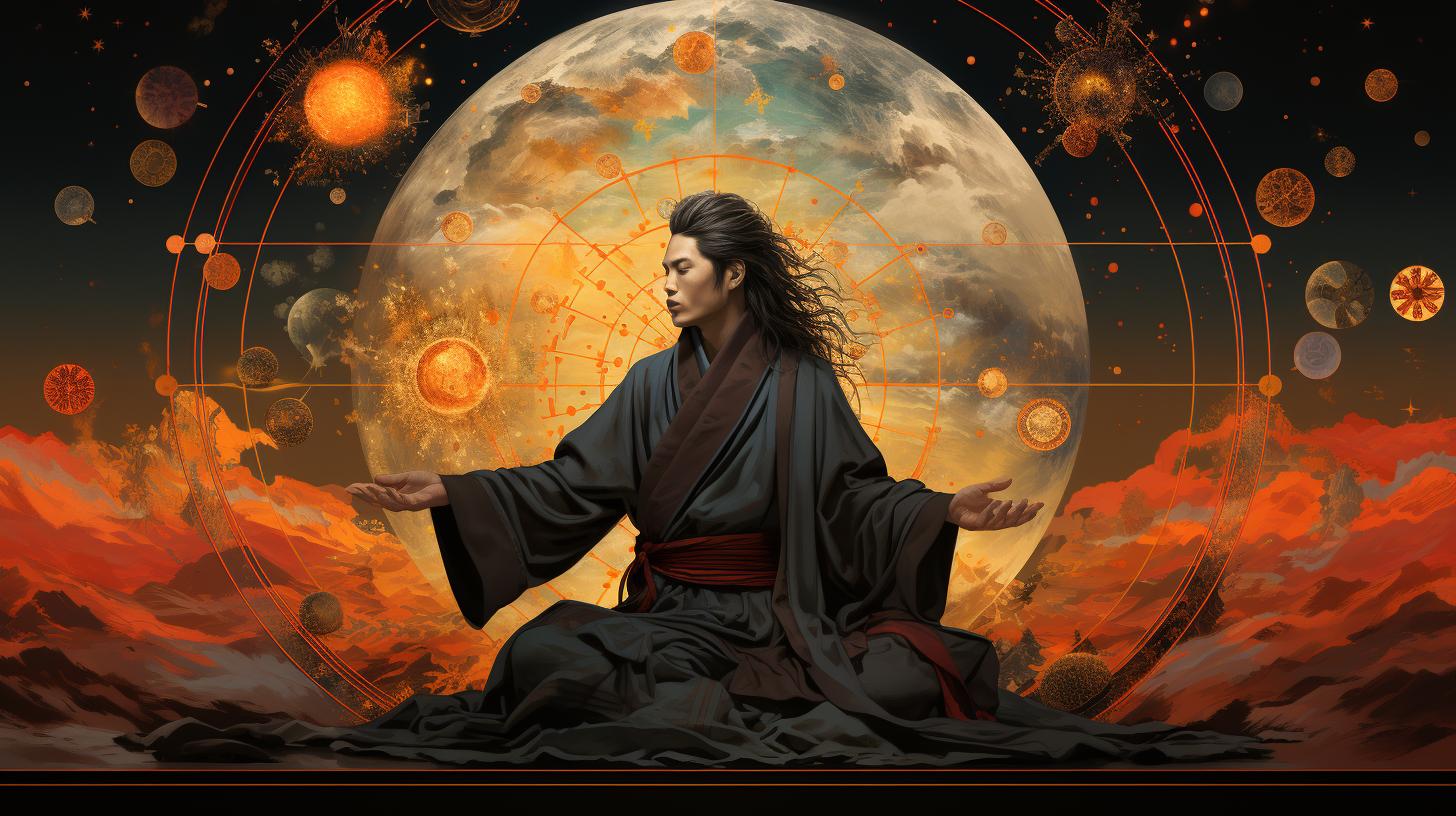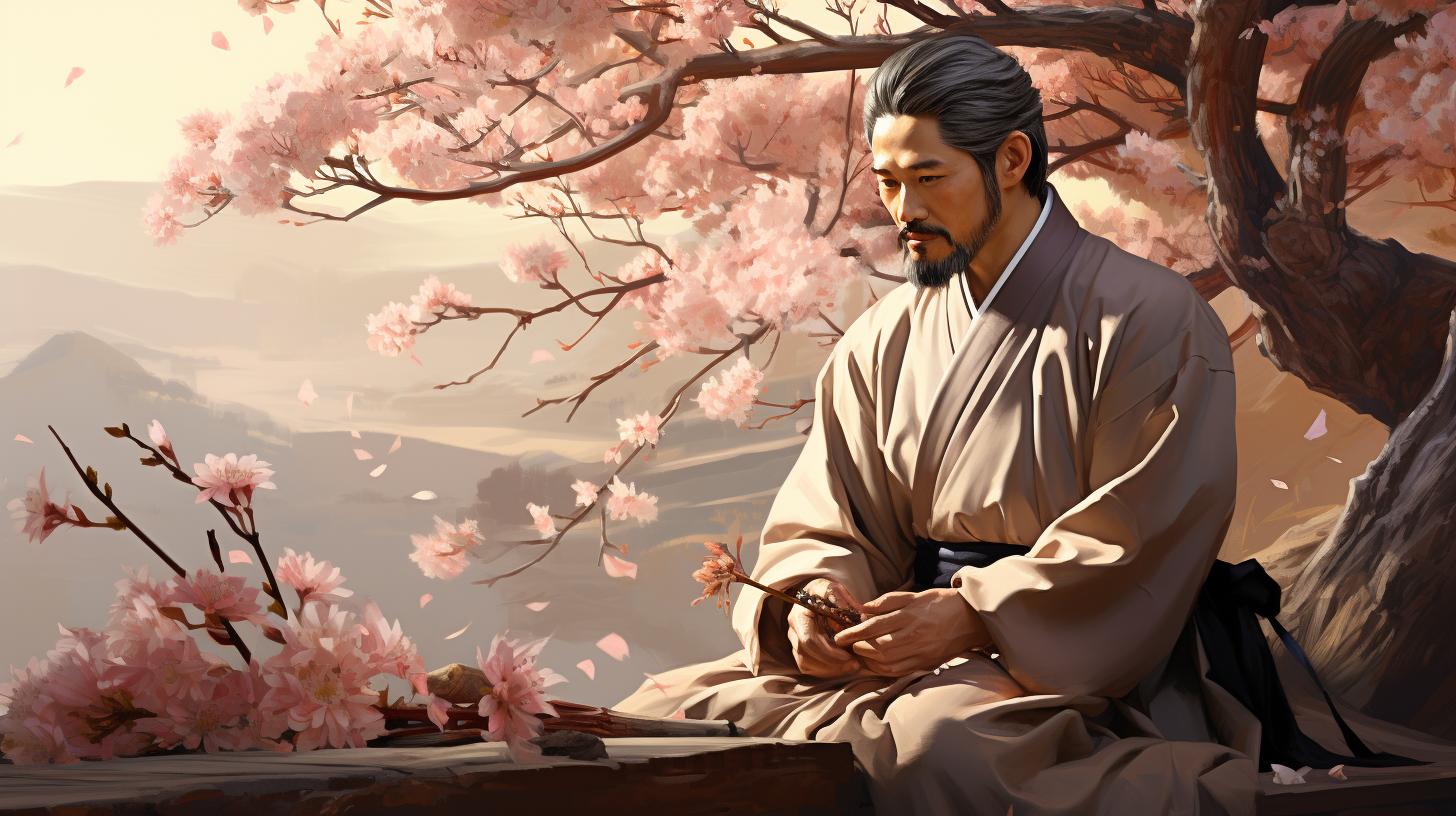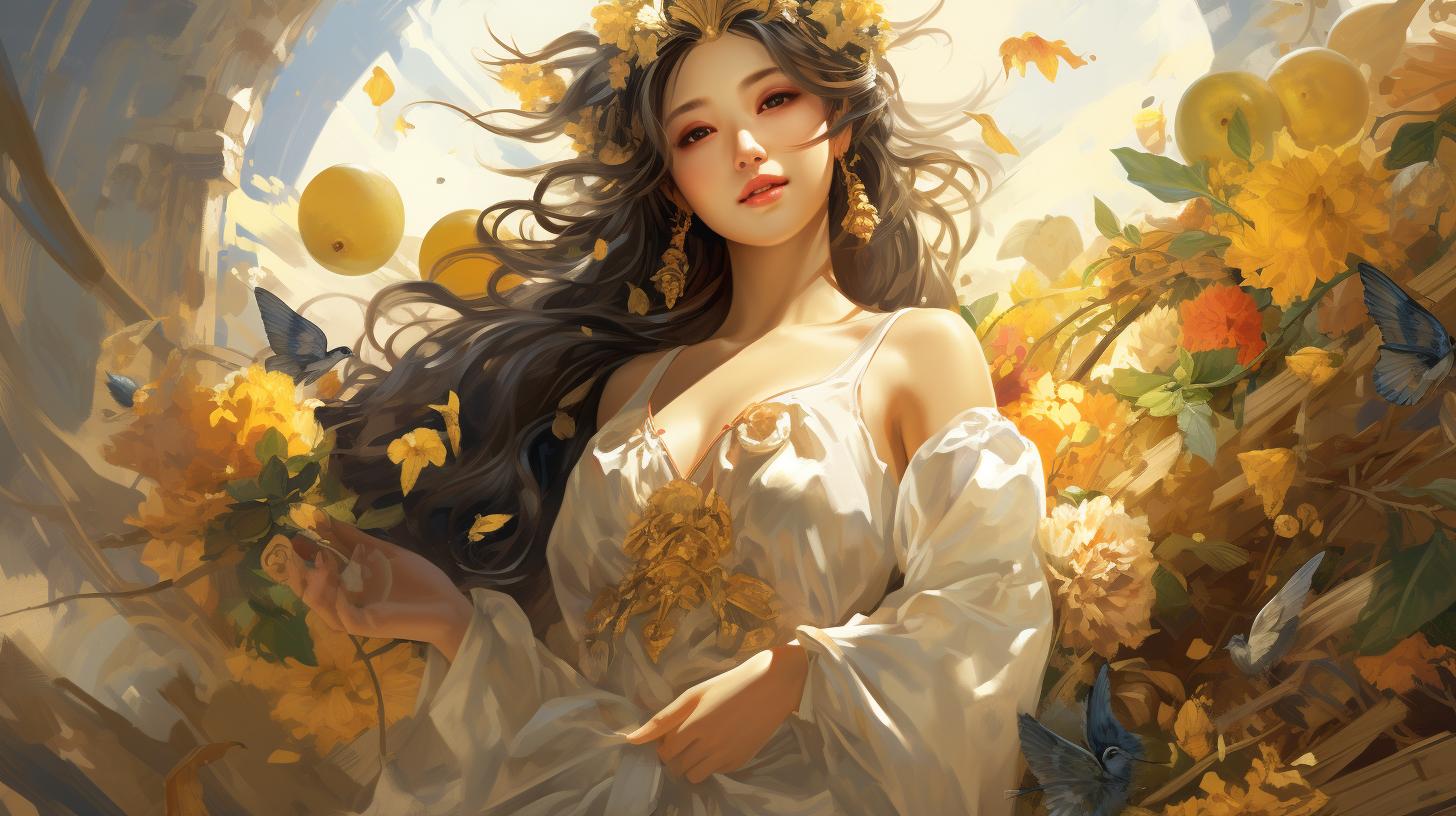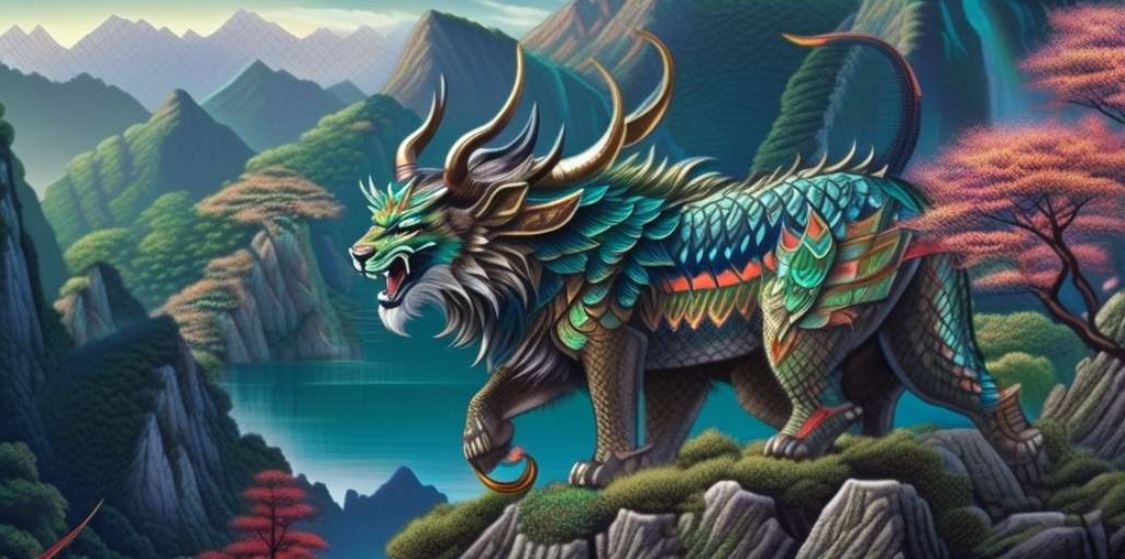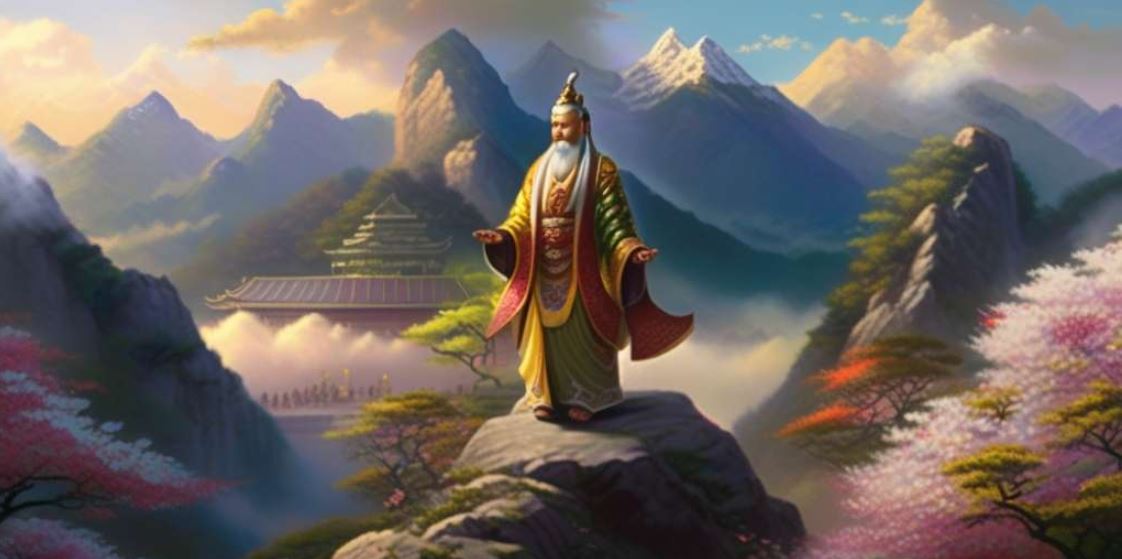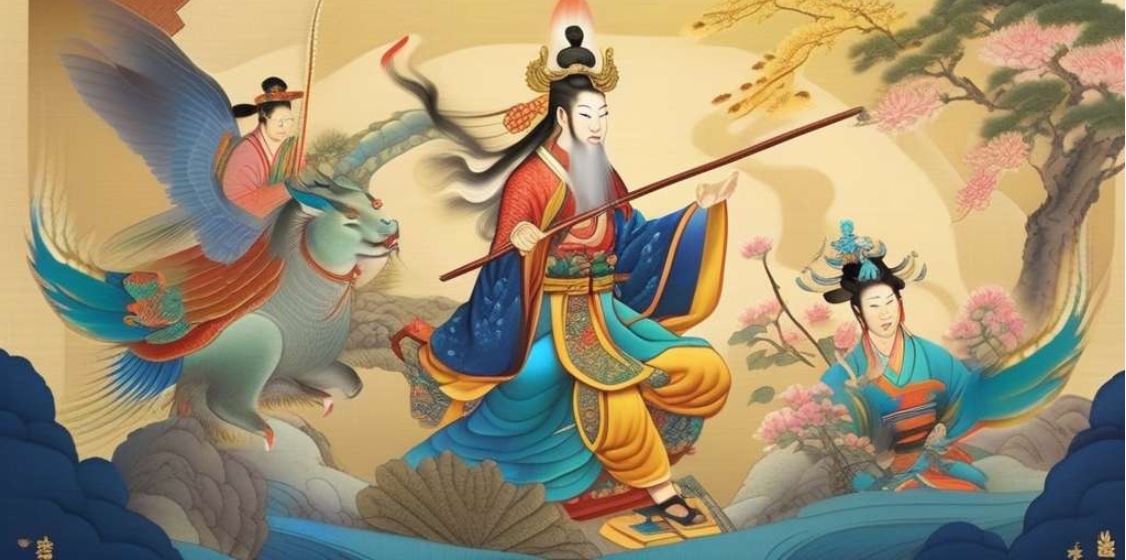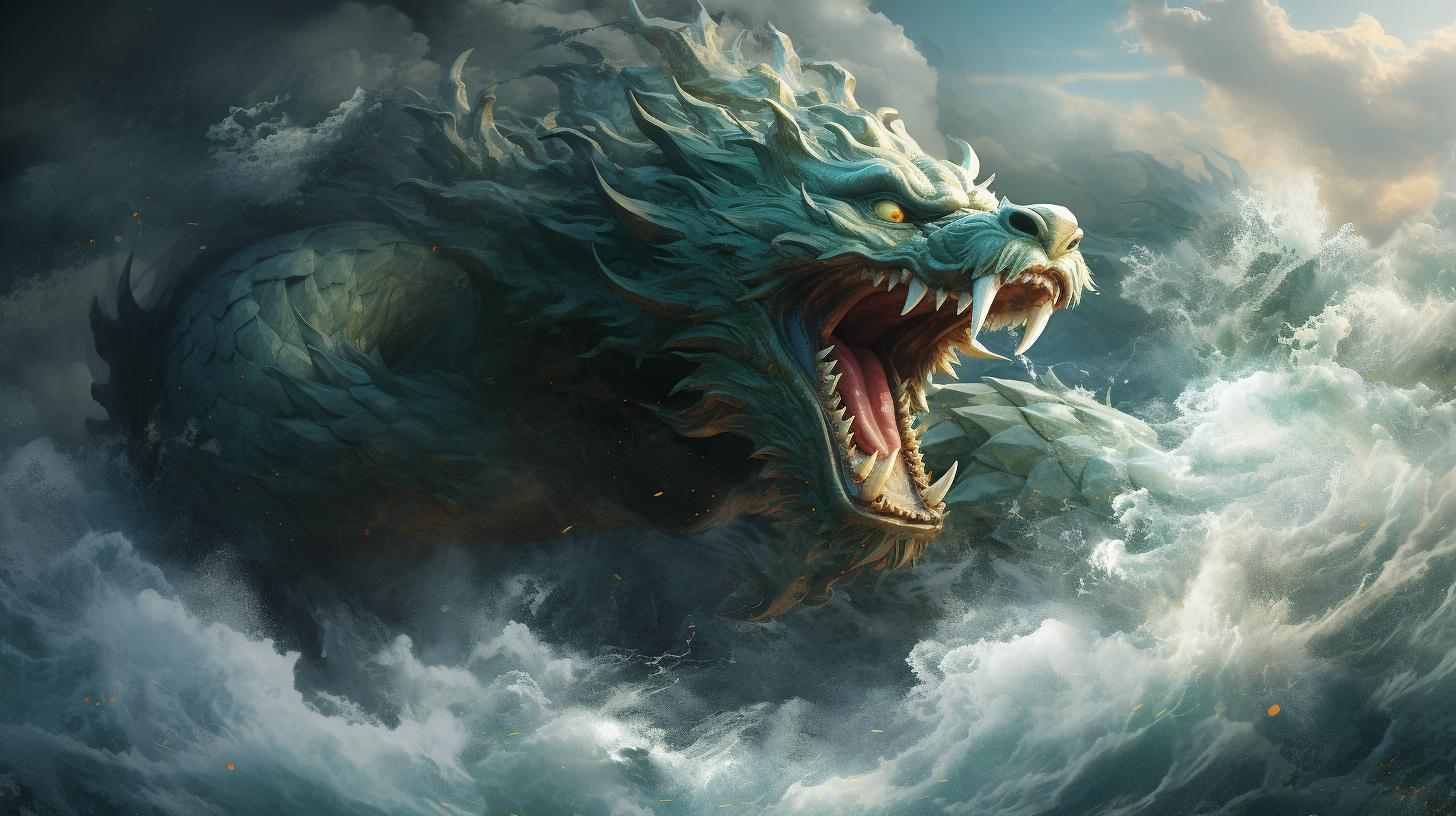Korean God of Death: Exploring the Mythology and Legends
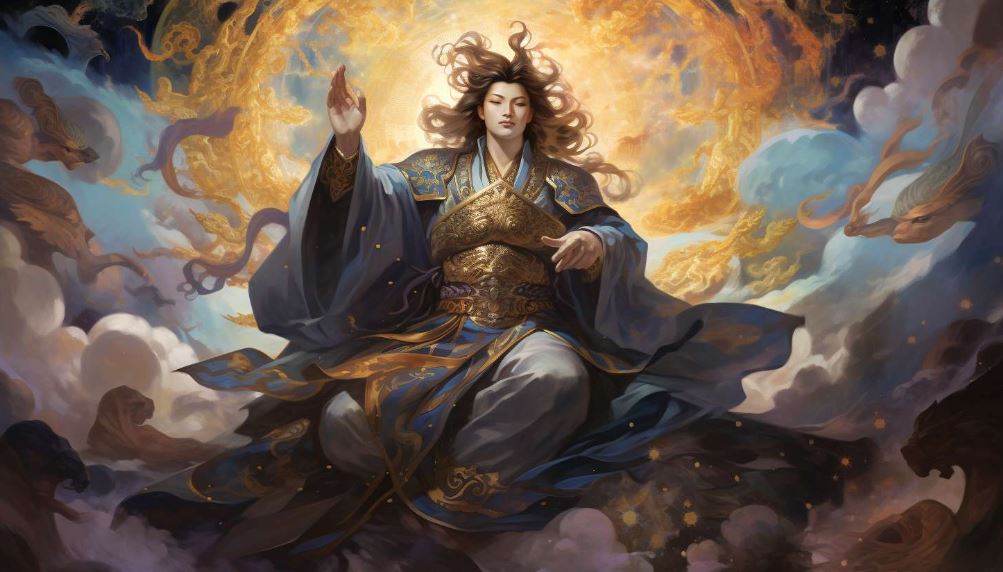
The Korean god of death, known as Yeomna, holds a significant role in Korean mythology. Responsible for judging the souls of the deceased based on their sins, Yeomna’s authority in the underworld is comparable to the Hindu god Yama.
Alongside Yeomna, other gods and goddesses like Sang-Je, Seokga, Dalnim, Jacheongbi, Mireuk, Hwanung, and Haemosu play important roles in Korean mythology, representing various aspects of life and death.
Korean mythology‘s influence can be observed in language, education, arts, media, entertainment, and spiritual practices, preserving the country’s rich cultural heritage.
The Korean God of Death: Yeomna
The Korean god of death, known as Yeomna, holds a prominent place in Korean mythology. He is revered as the supreme ruler of the underworld and possesses the authority to judge the souls of the deceased based on their sins and virtues.
As a deity of great significance, Yeomna’s role transcends mere judgment, as he also determines the ultimate fate of each soul that passes through his realm.
Role and Responsibilities of Yeomna
Yeomna is entrusted with the critical task of evaluating the moral conduct of individuals who have departed from the mortal world. As the guardian of the afterlife, he weighs the good and bad deeds of the deceased, resulting in their assigned destiny.
Whether one’s soul experiences reward or punishment depends on the judgment rendered by Yeomna.
Beliefs and Legends Surrounding Yeomna
Throughout Korean folklore, numerous beliefs and legends have woven around Yeomna. These stories further emphasize his role as the god of death and the influence he wields over the souls of the departed.
Tales are told of the treacherous journey souls must undertake to reach Yeomna’s realm and the trials they encounter along the way.
Additionally, the concept of a divine figure presiding over the afterlife can be observed in mythologies from different cultures and continents.
- Hades (Greek Mythology): The Greek god Hades rules over the underworld and is responsible for the souls of the deceased.
- Anubis (Egyptian Mythology): Anubis is the Egyptian god who guides and protects the souls through the afterlife, acting as their judge.
- Osiris (Egyptian Mythology): Osiris is the Egyptian god of the afterlife, associated with resurrection and eternal life.
The comparisons between Yeomna and these death deities highlight the universality of human beliefs and the common themes found in the mythologies of different cultures.
Other Deities in Korean Mythology
In addition to the Korean god of death, Yeomna, Korean mythology is rich with a diverse pantheon of gods and goddesses, each representing various aspects of life and death. Let’s explore some of these fascinating deities:
Sang-Je: The Supreme God
Sang-Je holds the utmost importance in Korean mythology as the supreme god and ruler of all other gods.
Known also as Hwanin, he symbolizes the celestial realm and serves as the father of all other deities. As the king of the gods, Sang-Je governs the heavens and exercises great power and influence over the mortal world.
Seokga: The Trickster God
Seokga is an intriguing figure in Korean mythology, revered for his cunning and mischievous nature. As the first ruler of the earth, he possesses a clever intellect and often plays tricks on both mortals and other deities.
Seokga‘s presence adds a touch of unpredictability and excitement to the mythological tales.
Dalnim: The Moon Goddess
Jacheongbi: The Goddess of Agriculture
Jacheongbi‘s significance in Korean mythology highlights the vital role of agriculture in ancient Korean society and its intrinsic link to the people’s sustenance.
Mireuk is a complex deity embodying both creation and destruction. As the god who shapes the world, he has the power to create and destroy. Mireuk‘s portrayal reflects the dual nature of existence, reminding us of the delicate balance between creation and annihilation.
Hwanung: The God Sent to Earth
Hwanung, one of the gods born from Sang-Je, was sent to the mortal realm to govern and guide humanity. He plays a vital role in Korean mythology as a mediator between gods and mortals, offering guidance, wisdom, and protection.
Hwanung‘s presence aims to bridge the gap between the divine and the earthly.
Haemosu: The Sun God and Father of Chumo
Haemosu, the sun god, illuminates the world with his radiant light. As the father of Chumo, the god of retribution, Haemosu symbolizes not only enlightenment and warmth but also the consequences of one’s actions.
His role in Korean mythology emphasizes the belief in karma and the cycle of cause and effect.
The diverse cast of gods and goddesses in Korean mythology showcases the intricacy and depth of the ancient beliefs and traditions. These deities, with their unique characteristics and roles, provide a glimpse into the cultural heritage and spiritual practices that continue to shape Korean society in the present day.
Influence of Korean Mythology in Culture and Society
The rich mythology of Korea has deeply influenced various aspects of its culture and society. From language and education to arts, media, and spiritual practices, Korean mythology plays a significant role in preserving cultural heritage and shaping the collective identity of the Korean people.
Impact on Korean Language and Education
Korean mythology has left its mark on the language and education system of Korea. Many words, idioms, and expressions are rooted in mythological tales, further enhancing the cultural and historical significance of the language.
Incorporating mythology into education helps students understand their heritage, fostering a sense of pride and connection to their roots.
Representation in Arts, Media, and Entertainment
Korean mythology has been a vibrant source of inspiration in various forms of artistic expression. It has influenced literature, paintings, sculptures, and performances, depicting mythical beings and stories that captivate audiences.
In contemporary media and entertainment, elements of Korean mythology can be found in movies, dramas, music, and even video games, showcasing its enduring popularity and influence on modern culture.
Role in Shamanism and Spiritual Practices
Korean mythology holds great significance in shamanistic traditions and spiritual practices. Shamans, known as “mudang,” communicate with deities and spirits, bridging the human and divine realms. Mythological narratives guide these rituals and ceremonies, offering a framework for understanding the supernatural and seeking spiritual guidance.
Korean mythology‘s influence remains integral to the spiritual landscape of Korea, providing a spiritual connection to the past.
In conclusion, Korean mythology‘s influence reaches far and wide, permeating various facets of Korean culture and society. From language and education to arts, media, and spirituality, it continues to shape and enrich the lives of Koreans, nurturing a deep appreciation for their cultural heritage in the year 2023.
When delving into the realm of Korean mythology, it becomes evident that the deities and their stories hold deep symbolism and cultural significance. Each deity represents different aspects of life, death, and the human experience.
Understanding the symbolism embedded in Korean mythology provides us with insights into the beliefs and values of the Korean people.
Symbolism in Korean Mythology
In Korean mythology, symbolism is intricately woven into the stories and characters. For instance, the god Sang-Je, as the supreme ruler of all gods, embodies the celestial heavens and represents order and authority.
Seokga, the mischievous trickster god, embodies the human nature of cunning and deceit. Dalnim, the moon goddess, symbolizes femininity, nurturing, and the cyclical nature of life.
Additionally, the deities in Korean mythology often possess dualistic characteristics. Mireuk, the god of creation and destruction, represents the delicate balance between growth and destruction in the natural world.
Jacheongbi, the goddess of agriculture, symbolizes fertility, abundance, and the interconnectedness between humans and nature.
Importance of Korean Mythology in Preserving Cultural Heritage
Korean mythology plays a pivotal role in preserving the cultural heritage of the Korean people. The rich tapestry of legends, folklore, and beliefs associated with these deities has been passed down through generations orally and has been instrumental in shaping Korean identity.
By exploring Korean mythology, we gain insight into the values, customs, and worldview of the Korean people. It allows us to appreciate their deep connection to nature, spiritual practices, and the harmony they strive to maintain within their society.
Furthermore, the stories and symbolism found in Korean mythology have inspired various art forms, literature, and contemporary media, further solidifying its importance in preserving the cultural heritage of Korea.
In conclusion, delving into the symbolism and beliefs associated with Korean mythology provides a glimpse into the deeper meanings embedded within the stories of its deities. This exploration highlights the significance of Korean mythology in preserving cultural heritage and understanding the values and beliefs of the Korean people.
…..

